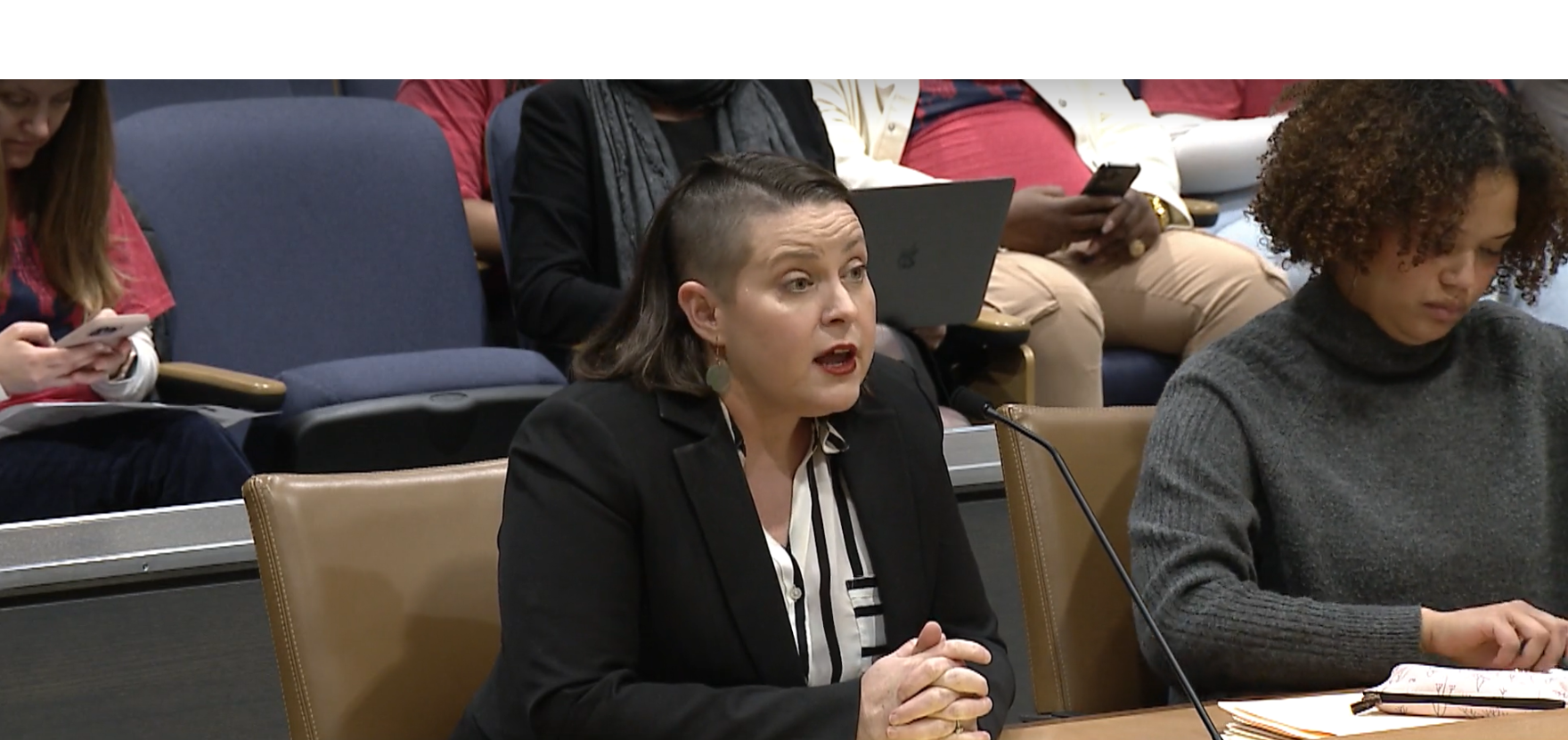For legislators and advocates, the summer marks the end of most legislative sessions and a brief time of reflection on the past year’s successes and challenges.
This summer, we’re reflecting on a year in which – despite challenging political environments across the country – we were able to make real strides in legislatures across the country and build off last year’s successes.
This past year, we advocated for or provided technical assistance on a total of 34 bills across 12 states, on topics including bench warrants, traffic stop reform, and transparency around the costs of police misconduct. We testified 16 times on over a dozen bills in 6 states, and were invited to testify as experts on police pursuits in Washington and policing data collection in Minnesota. The Hawai’i state legislature codified the state’s commitment to our 30x30 Initiative, and perhaps most notably, we saw seven bills introduced in four different states based on our model statutes, including three – in Minnesota, Pennsylvania, and New York – that substantially relied on our Data Collection and Transparency model statute.
In total, we worked with 84 different state-level partners of all political stripes across the country to build democratic accountability for law enforcement through legislation.
What did these partnerships look like?
In Hawai’i, we worked directly with lawmakers on a bill passed by the state legislature to help address the so-called “wandering officer problem,” in which police officers who are fired or disciplined for misconduct can simply move to a new department. The bill, HB 1611, will require more robust background checks of new hires and direct the state licensing board to report relevant disciplinary actions to a national database.
Also in Hawai’i, we sounded the alarm about a dangerous provision added to a bill on law enforcement standards, training, and certification that would have severely limited officer accountability. As we told the legislature in our testimony, the bill, as it was originally drafted, would have exempted nearly all of the state’s police officers from its training and license requirements. With the adjustments we suggested, the bill as passed takes modest steps instead towards improving public oversight of police misconduct.
In Minnesota, we worked closely with lawmakers to pass a bill to ensure that every critical use of force is investigated by an uninvolved agency – an important step to improve officer accountability and build public trust. We also advised lawmakers directly on another successful bill establishing that the odor of cannabis (which is legal in Minnesota) is not, on its own, a legitimate reason for police to search a vehicle. And lawmakers in the state, relying on our research and recommendations, also passed a bill requiring officers to tell drivers why they have been stopped, rather than asking why they think they have been stopped – a tactic that advocates view as encouraging self-incrimination.
Next year, we’ll continue advocating for the state to join a growing number of jurisdictions across the country in collecting meaningful data on traffic enforcement and banning unnecessary low-level traffic stops to improve both public and road safety.
In addition to speaking to and working directly with lawmakers, however, we also supported key legislative efforts through public advocacy, by building awareness of and support for measures to advance democratic accountability. This year, that included a number of appearances in the media – both op-eds and quotes in news articles – and on panels and other events. We were especially excited to host a webinar on pretextual traffic stops this February, where four expert panelists discussed the harms of and solutions to pretextual traffic stops with an audience of over 150 policymaker and advocacy attendees.
With an active 2024 legislative session now largely behind us, we’re already deep into planning how to expand next year upon the progress we’ve made this legislative session. If we may be able to support your own efforts to advance democratic accountability in policing in 2025, please reach out to us at legislation@policingproject.org.

